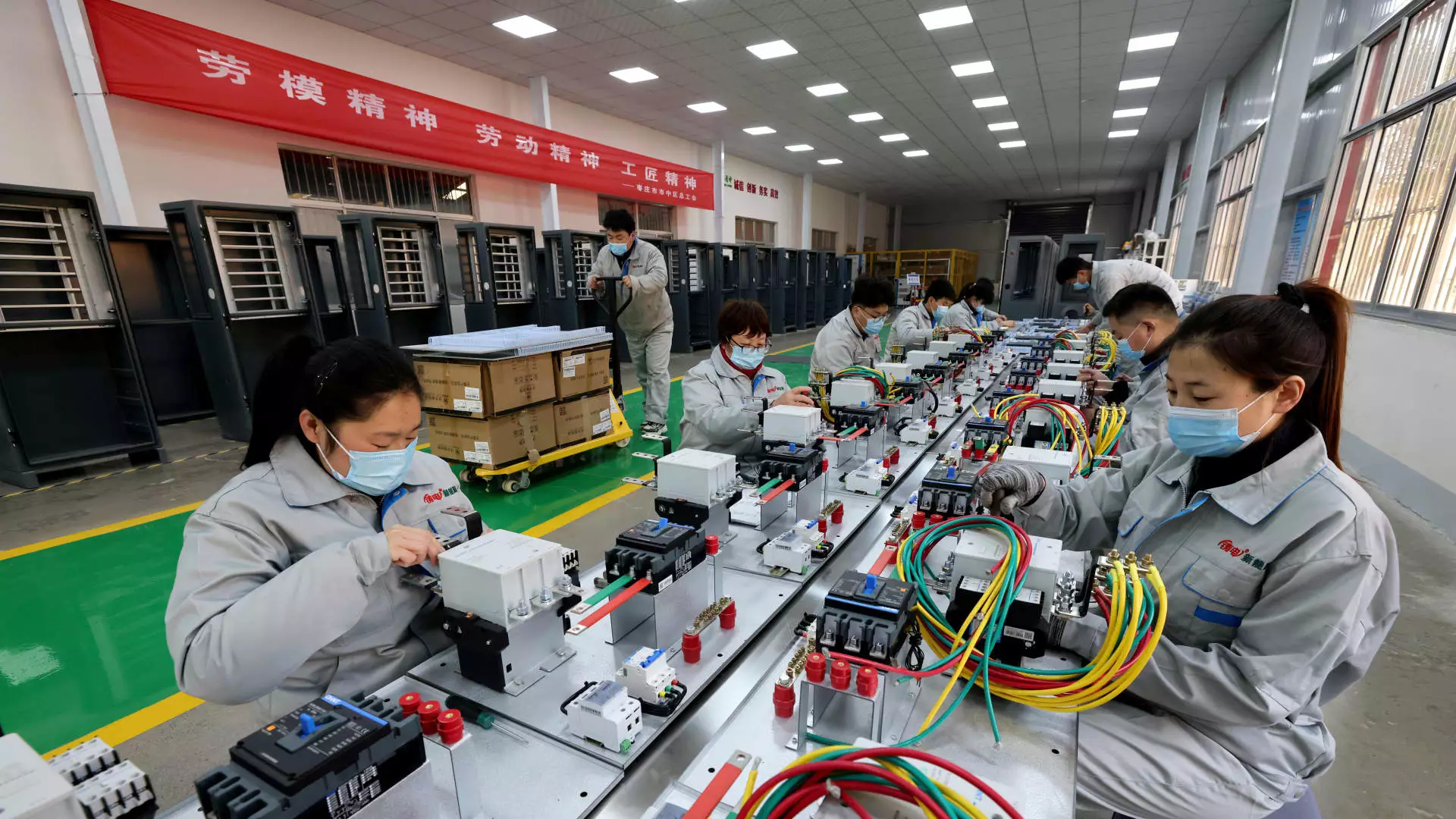The narrative around investing in emerging markets frequently invokes the allure of rapid growth and high returns. However, a critical analysis of these investment strategies is warranted, particularly regarding the world’s largest emerging market, China. Investors are increasingly cautioned against excessive exposure to China’s economic landscape, which is under scrutiny for its unsustainable economic practices and deteriorating human rights situation. Highlights of this shift come from Perth Tolle, the founder of Life + Liberty Indexes, who articulates the critical juncture at which investors find themselves.
Tolle asserts that China’s model of capitalism is fundamentally flawed. While engaging in a capitalistic framework, China has not transitioned towards greater personal freedoms, contrasting sharply with prevailing theories that democratization would follow economic liberalization. Instead, Tolle emphasizes that mere economic freedoms do not equate to personal freedoms, highlighting the precarious balance between economic growth and human rights. Investors looking solely for high returns may find themselves overlooking significant ethical and economic risks.
In the context of performance metrics, Tolle points to the Freedom 100 Emerging Markets ETF, which has shown a robust 43% increase since its inception in May 2019 and boasts a 9% rise this year. In comparison, the iShares China Large-Cap ETF has garnered a 19% increase, but Tolle advises against potential pitfalls associated with investing in China, outlining her fund’s strategy to exclude Chinese stocks altogether. This divergence raises questions about the long-term viability of investments concentrated in China versus those in more stable, freedom-oriented emerging markets.
Tolle’s personal journey, including her experiences growing up in Beijing and working at Fidelity Investments, adds depth to her investment philosophy. Her interactions with clients illustrated a worrying trend: a reactionary mindset based on geopolitical realities that are often ignored in purely financial analytics. Clients once keen on Chinese investments began to equate funds in certain regimes with endorsing oppressive governance, similar to concerns surrounding investments in Russia. These insights underscore a growing awareness among investors about the ethical implications of their portfolios.
In advocating for investment in emerging economies that value freedom, Tolle warns that without such values, long-term economic growth is likely to stagnate. The observation by ETF expert Tom Lydon reinforces this viewpoint. He suggests that excluding China from investment portfolios has yielded greater stability and performance. This stark contrast underlines the necessity of a holistic examination of investment decisions that transcend mere profit calculations.
Ultimately, as the landscape of global investing shifts, the case against heavy investment in China becomes clearer. Investors are encouraged to critically evaluate their strategies, weighing both financial returns and ethical considerations. The long-term stability and growth of economies that respect human rights may provide a safer, more rewarding path forward. In a complex geopolitical atmosphere, the choices made today could define not only individual financial futures but also contribute to broader global economic ethics.

